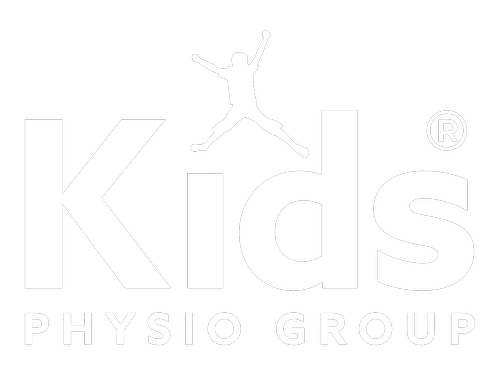Playground Play and Confidence

Tripping, Falling, Coordination, and Confidence with Playground Play
As your child begins to walk they are bound to trip, fall, and run into obstacles! Infants will typically learn to walk between 8-18 months, while new walkers are waddlers and frequent fallers!
Infants have difficulty judging distances and poor coordination which can lead to tripping. Coordination usually begins to increase by age 3 and by 7 years of age — a child’s walking pattern will resemble that of an adult!
When to See a Physiotherapist
- Delay in walking, beyond 18 months of age, or a persistent waddling gait beyond 3 years of age
- Extreme clumsiness or falling
- Delay in other developmental milestones
- A family history of musculoskeletal disease
- Difficulty getting up from the floor (Gower’s sign)
How Physiotherapy Can Help
- Exercises for the family to complete with the child
- Play-based activities to help with gross motor development
- Positioning
- Education for parents
Confidence on the Playground
A playground is a great place for your child to increase their strength and gain more confidence! It can help them improve their leg strength through activities like climbing up the stairs, climbing up the slide, jumping onto and off surfaces, walking or running around the structures, etc. By playing on the monkey bars, hanging from structures, or even climbing up the slide, children can increase their arm strength as well.
Not only is the playground excellent for developing their physical abilities, but it can also help increase confidence and self-esteem. Maybe your child has been working on making it around the monkey bars. Imagine how great they would feel when their practice has finally paid off and they can complete the monkey bars! When children accomplish a new challenge, they build their confidence which can boost their self-esteem. They will often compare their new abilities to the other children around them and their previous progress.
How Physiotherapy Can Help with Playground Confidence
- Play-based activities that mimic playground games and structures (e.g. climbing vertical ladders, jumping and hopping over beams and structures, running, keeping balance on narrow surfaces, wobbly balls, etc.)
- Working on gross motor skills to allow the child to play with age-matched peers, avoid tripping or falling, and be able to play on different structures on the playground with confidence
- Working on any muscle weakness or abnormalities to allow the child to play on the playground
BOOK YOUR INITIAL ASSESSEMENT TODAY
Take the next step and make your child’s health a priority!
